After months of oft-contentious negotiations, Britain and the European Union announced Thursday that they have finally reached a Brexit trade agreement.
With about a week left before the end of the transition period, both sides announced the deal and proclaimed the end of a long, drawn-out process that began with the British referendum to depart the alliance in 2016.
European Commission President Ursula von der Leyen called the deal “fair and balanced,” and British Prime Minister Boris Johnson said it will benefit all parts of Britain.
“We will be your friend, your ally, your supporter and indeed, never let it be forgotten, your number one market,” Johnson told the EU in comments Thursday.
“Although we have left the EU, this country will remain culturally, emotionally, historically, strategically, geologically attached to Europe.”
Von der Leyen said although negotiations were difficult at times, they were needed to protect European interests, fair trade and fishing rights.
“Finally, we can leave Brexit behind us and look to the future,” von der Leyen said in a statement. “Europe is now moving on.”
Johnson said on the fishing rights issue, Britain will have “complete control” of its fisheries in 5½ years. He said the EU wanted the transition in 14 years and Britain aimed for three.
EU chief negotiator Michel Barnier said the deal preserves the bloc’s interests.
“The protection of our interests has been front and center throughout these negotiations and I am pleased that we have managed to do so,” Barnier said.
“It is now for the European Parliament and the council to have their say on this agreement.”
The agreement will be applied on a “provisional basis” until the end of February while it undergoes a review by European Parliament.
Negotiators were running out of time to find a deal. The transition period is scheduled to expire at midnight on Dec. 31.
Negotiators have been talking in marathon talks all week, and discussions stretched from Wednesday night into Thursday morning as both sides appeared to be on the verge of a breakthrough.
Commercial fishing rights in British territorial waters posed a key obstacle for weeks, as Britain wanted authority over who fishes there and the bloc wanted the right to relief if London closed the waters to EU states.
Britain left the EU in January but for months negotiators worked to specify the terms of their permanent future trade relationship.
Scottish First Minister Nicola Sturgeon, a vocal critic of Brexit, had said the agreement will harm Scotland’s farmers because they’re excluded from “third country” status, a key trade provision that allows nations to export agricultural products to the EU.
“This is a disastrous Brexit outcome for Scottish farmers and like all other aspects of Brexit, foisted on Scotland against our will,” Sturgeon tweeted before the deal was announced.
Copyright 2020 United Press International, Inc. (UPI). Any reproduction, repub
lication, redistribution and/or modification of any UPI content is expressly prohibited without UPI’s prior written consent.
—-
This content is published through a licensing agreement with Acquire Media using its NewsEdge technology.




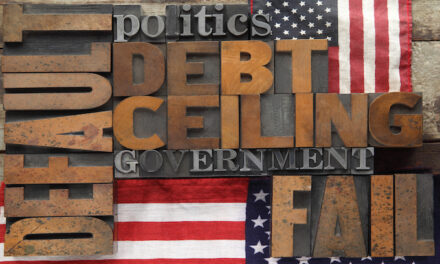
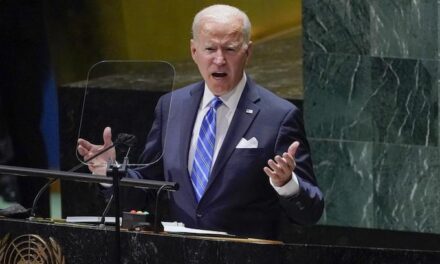
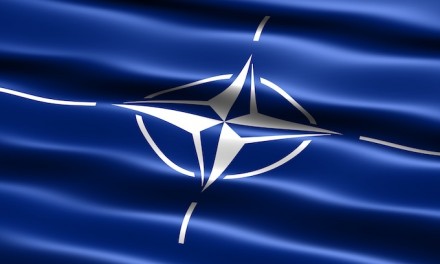








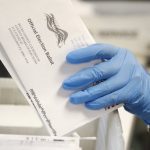


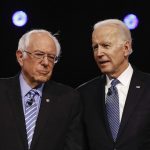
Good riddance to the European union aka the New World Order. Unfortunately, the United States under Biden, will be part of the New World Order / United Nations. In other words bleed America and the American people to death.
maybe we can move to Britian.
WIth how libtard ridden the UK legal system is, you couldn’t PAY me to move back there right now.
MAYBE IF THEY PURGE all the liberals out, i might re-consider.